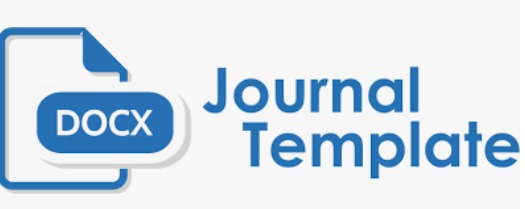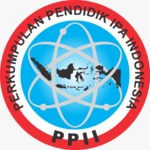Komparasi Pembelajaran Ilmu Pengetahuan Alam (IPA) menggunakan Multimedia Interaktif Model Drils dan Media Komik Sains Terhadap Prestasi Belajar
DOI:
https://doi.org/10.29408/kpj.v5i1.3490Keywords:
Multimedia interaktif model drills dan media komik sains, prestasi belajar siswaAbstract
This study aims to determine the differences in student achievement who are taught using interactive multimedia drills model with students who are taught using science comic media. This type of research is experimental research. The population in this study is all students of class VII MTs. The State of Selong Model and the sampling was determined by using cluster random sampling technique to select the class and simple random sampling to select the students in that class. The second sampling technique is random sampling by drawing lots, cluster random sampling, namely the class is divided into experimental class I, namely the class that is taught using interactive multimedia drills model (class VII-E) and the experimental class II, namely the class that is taught using comic media. science (class VII-F), each of which consists of 36 students. And simple random sampling, where students are drawn after data collection to reduce the sample to 30 students to facilitate hypothesis testing. The data collection technique used post-test while the data analysis technique to test the hypothesis was the t-test. The results of data analysis using t-test showed that there were differences in student achievement who were taught using interactive multimedia drills model with students who were taught using science comic media. This can be seen in the post-test results where t-count > t-table is 2.206 > 2.002. Thus H0 is rejected and Ha is accepted. This means that there are differences in student achievement who are taught using interactive multimedia drills model with students who are taught using science comics
References
Ain, T. N. 2013. Pemanfaatan Visualisasi Video Percobaan Gravity Current Untuk
Meningkatkan Pemahaman Konsep Fisika Pada Materi Tekanan Hidrostatis. Jurnal Inovasi Pendidikan Fisika. Vol.2(2): 97-102
Arikunto, Suharsimi. 2010. Prosedur Penelitian (Suatu Pendekatan Praktek) Edisi Revisi XIV. Jakarta: Rineka Cipta.
Darmawan, Deni. 2011. Teknologi Pembelajaran. Bandung: PT. Remaja Rosdakarya.
Hosnah, W. M., Sudarti, dan Subiki. 2017. Pengaruh Model Pembelajaran Inkuiri Terbimbing Terhadap Hasil Belajar Fisika di SMA. Jurnal Pembelajaran Fisika. Vol.6(2): 196-200.
Listyaningtyas, W. W., S. Wahyuni, dan Yushardi. 2015. Pengembangan Bahan Ajar Pembelajaran IPA Berbasis Computer Assisted Instruction (CAI) Pada Pokok Bahasan Klasifikasi Benda Di Mts. Jurnal Pembelajaran Fisika. Vol.3(4): 313-316.
Rofiqoh, M. S., S. Bektiarso, dan S. Wahyuni. 2015. Perbandingan Hasil Belajar Fisika Siswa Menggunakan Model Pembelajaran Problem Based Learning (PBL) Dengan Learning
Cycle 5E Berorientasi Keterampilan Proses Di SMA. Jurnal Pembelajaran Fisika. Vol.4(1): 69-74.
Siregar, F. A. 2012. Pengaruh model kooperatif tipe NHT Terhadap Hasil Belajar Siswa Kelas VIII SMP Negeri 18 Medan. Jurnal Pendidikan Fisika. Vol.1(1): 33-38.
Supardi, Leonard, H. Suhendri, dan Rismurdiyati. 2012. Pengaruh Media
Pembelajaran Dan Minat Belajar Terhadap Hasil Belajar Fisika. Jurnal Formatif. Vol.2(1): 71-81.









